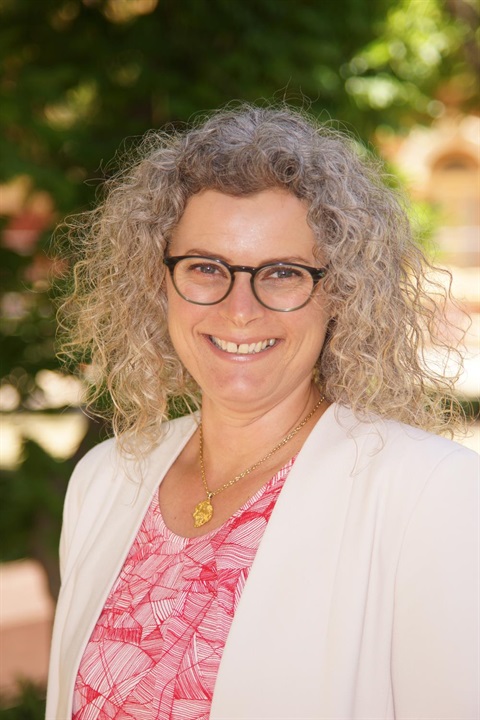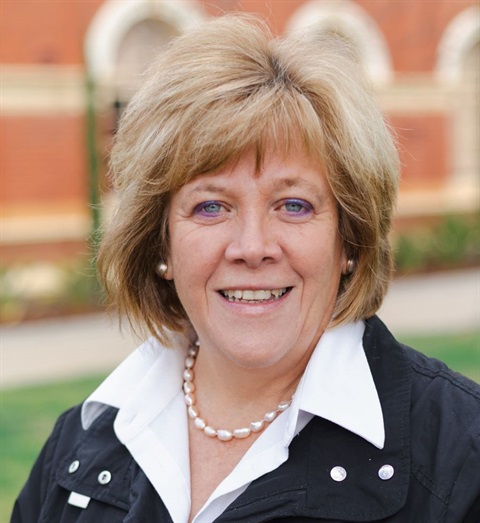A new project will uncover how corals select algae that best suit their needs and the extent to which this can change as corals adjust to different environmental conditions, such as surviving marine heatwaves.
An Australian Research Council Discovery Project grant of just over half a million dollars is supporting a multidisciplinary team combining expertise from James Cook University’s Departments of Biomedical Sciences and Molecular Biology and Marine Biology.
Lead investigator Professor David Miller said recent research has shown that certain species of algae might allow corals to better survive marine heatwaves caused by global warming.
“Complicating matters is that some species of corals can associate with a variety of algae while others are extremely faithful to a single algal partner,” said Professor Miller.
He said the strength of the project stems from the team – aligning expertise in coral molecular genetics and genomics with strong bioinformatics expertise contributed by Dr Ira Cooke and the formidable skills in coral physiology and ecology of Professor Mia Hoogenboom and Dr Kate Quigley from the Department of Marine Biology.
Professor Miller said the involvement of Prof Timothy Ravasi from the Okinawa Institute of Science and Technology – one of the most innovative research centres in Japan – brought with it directly relevant bioinformatic skills as well attracting additional kudos to the undertaking.
“While a great deal of media attention and funding has been focussed on attempts to engineer more resilient corals by artificially introducing non-native strains of algae, what’s novel about our approach is that we want to understand the detail of how corals naturally select different algae when encountering different conditions.
“We need to understand specific relationships in the exquisite detail that only deep sequencing and single cell transcriptomics can provide,” said Professor Miller.
“Recent technological advances enable the investigation of processes occurring in individual coral and algal cells to be profiled simultaneously – providing information on the separate activities of each partner as well as their interaction,” said Dr Cooke.
Professor Hoogenboom said the fidelity of some corals to particular algal species suggests that these should be more vulnerable to changing conditions because they appear to be unable to trade in their resident algae.
“We need to establish the limits to acclimation in these “hard” associations and what the advantages are on both sides of the interaction.”
“We aim to understand why some corals can switch algal partners while others remain faithful to a single strain and identify groups of genes that govern this ability and the potential benefits of doing so,” said Dr Quigley.
“Understanding flexibility in associations and its limits will improve our ability to identify species and populations most vulnerable to change and facilitate informed choices about what particular coral-alga combinations might be more appropriate under different conditions,” said Professor Miller.








